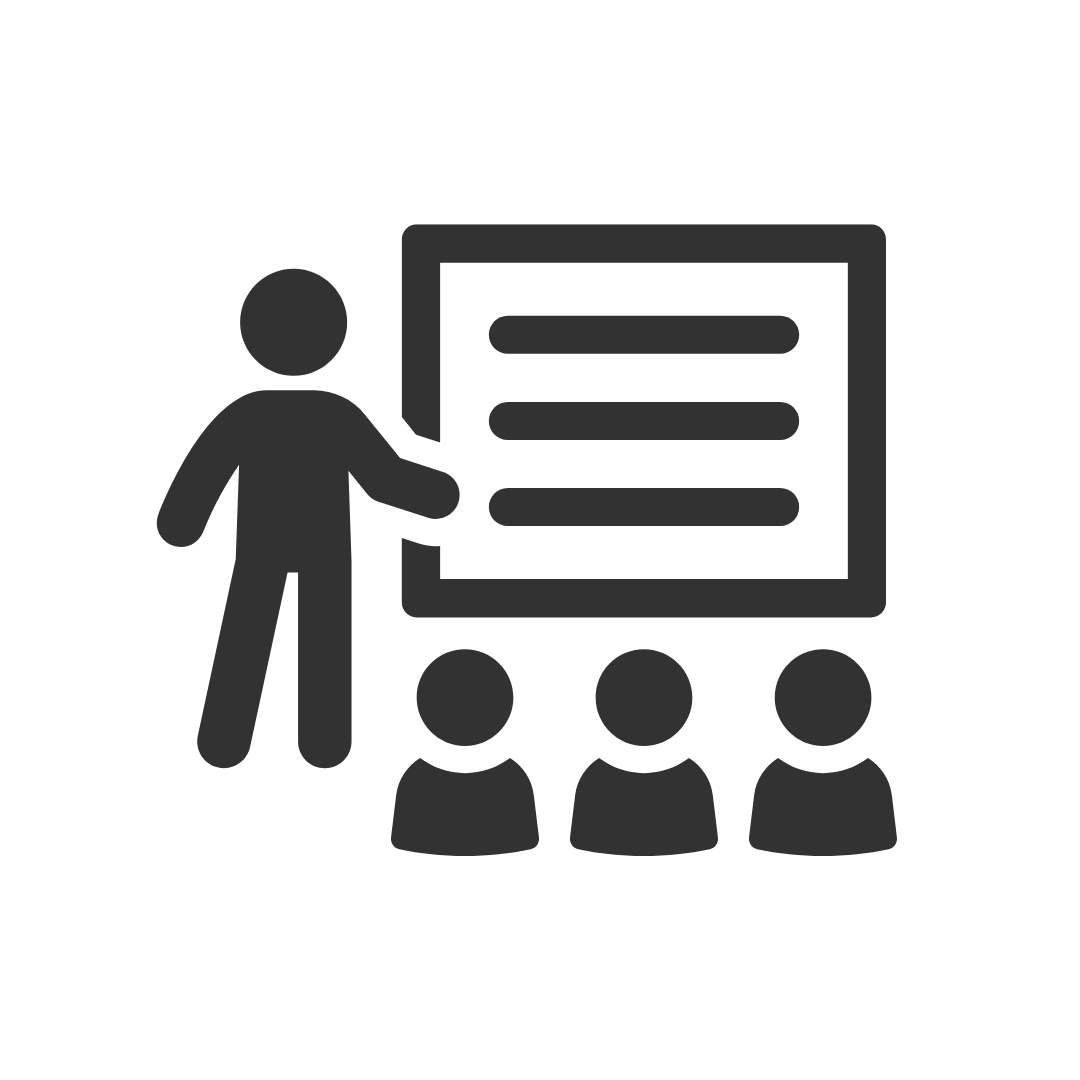WHAT IS DESIGN THINKING and WHY IS IT IMPORTANT
Design thinking is a process for solving problems by prioritising the end user's needs above all else. It is solution based and user centric rather than problem based.
Design Thinking relies on observing, with empathy, how people interact with their environments, and employs an iterative, hands-on approach to creating innovative solutions.
It's about thinking how humans will engage with the product or service rather than how the organisation thinks they will engage or what they need.
It's about asking questions such as "Who will be using this product?" and "How will this solution impact the user?"
The first and most important, step of design thinking is building empathy with users. By understanding the person affected by a problem, you can find a more impactful solution. On top of empathy, design thinking is centred on observing the interaction between the user and the product, drawing conclusions based on research, and ensuring the user remains the focus of the final implementation.
To be truly human-centred, the second step is to watch how people use a product or service and continue to refine the product or service in order to improve the user's experience. This is the "iterative" part of design thinking. It favours moving quickly to get prototypes out to test, rather than endless research or rumination.
In contrast to traditional problem-solving, which is a linear process of identifying a problem and then brainstorming solutions, design thinking only works if it is iterative. It is less of a means to get to a single solution, and more of a way to continuously evolve your thinking and respond to consumer needs.
Why is design Thinking important
With design thinking skills comes the ability to develop product and service innovations that add value to your clients and customers' lives quickly and efficiently.
Because design thinking is so user-centric, innovative products, by definition, add value to customers' lives.
Using design thinking, you can continually iterate on existing products and create new ones that meet customer pain points as they arise—leading to greater business performance over time.
Overcome Cognitive Fixedness
One of the key tenants of design thinking is overcoming cognitive fixedness—the state of mind in which one consciously or unconsciously assumes there's only one way to interpret or approach a situation.
Design thinking requires breaking out of the box when looking at your product or service ("What else could this product/service do?") and when considering potential solutions to problems ("It's always been solved this way. What if we tried this instead?").
Like a muscle, overcoming cognitive fixedness becomes easier the more you do it. By using design thinking to guide your work, you can practice out-of-the-box thinking and excel in any problem-solving scenario.
Lead your Team Toward Innovation
Paired with leadership skills, an intimate knowledge of the design thinking process can enable you to lead innovation within your organisation.
With this framework, you can empower your team to take ownership of each part of the process, work together to pool knowledge and diverse perspectives, and track and measure tangible results.
With these 3 key points using Design Thinking saves organisations time and money and proves you to be a game changer.
In this course participants will learn to:



.

If you’re not happy with the outcomes from
the course we offer a money back guarantee

For every participant
valued at $199 each

No one left behind
with our 1/2 price re-run promise

12-months access to the unique REACH Future Proofing Personal Development Dashboard with personally curated learning to develop agility to adapt to different people tasks and situations.
Design Thinking is a proven methodology which provides a creative solution-based approach to solving problems.
It's extremely useful when tackling complex problems that are ill-defined or unknown.
Using the 5 steps of Design Thinking helps to understand the human needs involved, enables you to reframe the problem in human-centric ways, create numerous ideas through brainstorming sessions and adopts a hands-on approach to prototyping and testing.
This fun and interactive Design Thinking Workshop will provide you with the practical skills and knowledge that will assist you to solve complex problems and use your critical thinking skills in an effective people entered way.
After completing this course, participants will have learned to:
Topic 1
Getting Started
Topic 2
Empathise
Topic 3
Define
Topic 4
Storytelling
Topic 5
Ideate
Topic 6
Prototype
Topic 7
Iterate

If you’re not happy with the outcomes from
the course we offer a money back guarantee

For every participant
valued at $199 each

No one left behind
with our 1/2 price re-run promise

12-months access to the unique REACH Future Proofing Personal Development Dashboard with personally curated learning to develop agility to adapt to different people tasks and situations.




We take care of all of the details, so you don’t have to:
At the completion of training participants are encouraged to create an action plan, and invite an accountability buddy via their Orgmenta App.
In your Training Management Centre you have transparency to the action plans so you can see what people are going to do differently.
Our systems and people make it easy to identify how you’ll be able to measure impacts and then report on the success in the weeks or months after training.


It’s surprisingly easy to make it so that your system can automatically be up to date with all the training record details you need.
After completing this course, participants will have learned to:
Topic 1
Getting Started
Topic 2
Empathise
Topic 3
Define
Topic 4
Storytelling
Topic 5
Ideate
Topic 6
Prototype
Topic 7
Iterate

Activities and discussion for engaged learning all day.

On average PDT trainers have 15 years industry experience and 7 years training experience.

We always tailor activities and scenarios to be relevant to you.

In-House and Public Class participants are welcome to join a public class in the same topic for 12 months.

The confidence of booking with an acclaimed multi-national training company.

Support, reinforcement & extension eLearning and videos in the App.
The most important foundation for communication and building meaningful relationships is listening, develop your skills with this micro eLearning course.
Not exactly what you needed? Try other courses in the Leadership and Strategy Courses Category

Supporting leaders and teams around the globe, we're proud to mark 15 years of growth, innovation, and success. Thank you for being part of the PD Training journey. The future is looking bright!